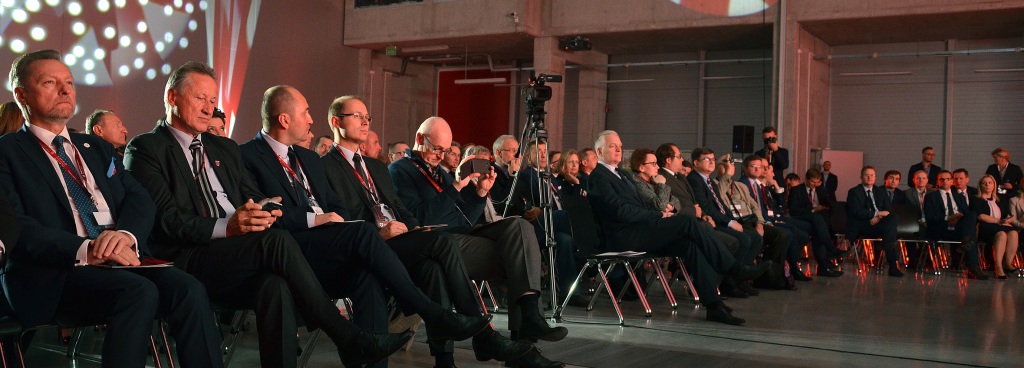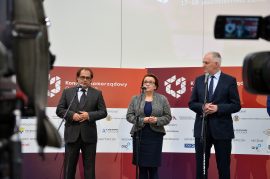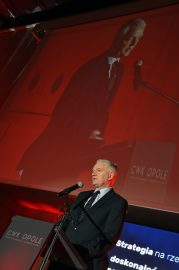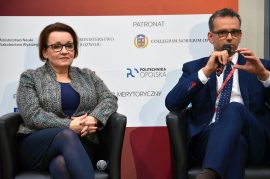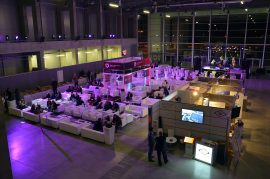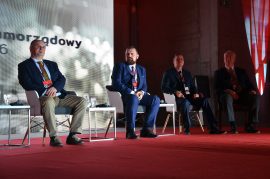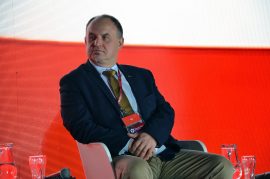Adapting professional, technical and higher education to employers’ needs and the effects of the functioning of special economic zones in Poland were among the topics discussed during the Self-government Congress, which was held in Opole. The event was attended by Deputy Prime Minister Jarosław Gowin and Anna Zalewska, Minister of National Education.
During the two-day congress, the participants discussed the role and future of special economic zones in Poland. The total capital expenditure incurred by the tenants of SEZs has exceeded PLN 111 billion, while more than 300,000 people have found jobs thanks to them.
“As evidenced by different measures, over the last decade there has not been a single crisis moment in the zones. The number of jobs has increased by 60% in the last seven years,” Mirosław Odziemczyk of the Polish Information and Foreign Investment Agency said during the discussion panel.
“The stable functioning of companies and the number of new investment and reinvestment projects is the best proof of the necessity of the zones’ existence,” emphasized Maciej Badora, President of the Wałbrzych zone. “We are still trying to make this tool more flexible in order to better address the investors’ needs.”
The changes in the educational system were discussed by Minister of National Education Anna Zalewska. She stressed that professional education will not only provide the graduates with a job, but it will also enable them to pursue further education, including at universities.
“There is more than 3 billion zlotys at the disposal of marshal offices to be spent on the development of vocational education,” Minister Zalewska said. “We must use these funds to build a complementary system of professional and technical education, which will respond to the needs of employers.”
Mrs. Zalewska confirmed that Polish entrepreneurs are ready to participate in the cost of education. She also talked about building the system using tools such as company-sponsored classes and educational clusters, in which special economic zones can participate.
“There are currently almost 200 firms functioning within the Wałbrzych zone, which employ around 45,000 people. It is worth using this potential and the knowledge of entrepreneurs in building an efficient model of education,” Krzysztof Drynda, Deputy President of WSEZ “INVEST-PARK”, said during the discussion panel.
He also emphasized that five classes sponsored by zone tenants are currently functioning under the patronage of the “INVEST in EDU” Educational Cluster.The role of entrepreneurs in the process of higher education was also highlighted by Deputy Prime Minister Jarosław Gowin. The partnership of science and business, accompanied by active participation of self-governments, is one of the assumptions expressed in the plan of sustainable development.
“The first phase of change was an act decreasing bureaucracy at universities. However, let us focus on a project that will in a way become a constitution for Polish higher education institutions,” said Mr. Gowin.
Panel discussions during the congress also concerned the financing of self-governments, managing municipal companies, using new technologies and advanced business processes. Around 1,000 people took part in the event held at the Exhibition and Congress Centre in Opole.
